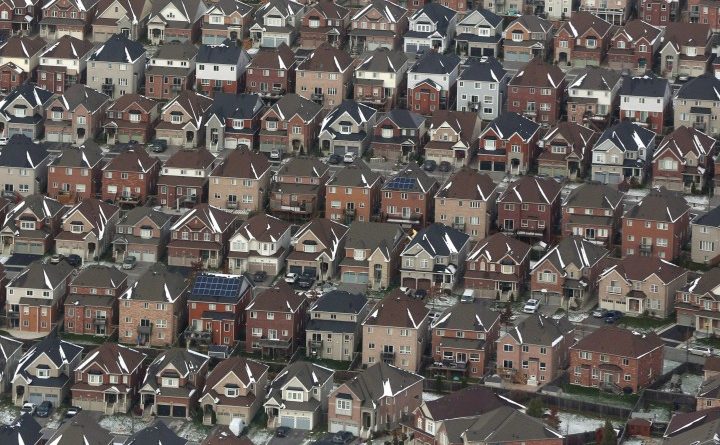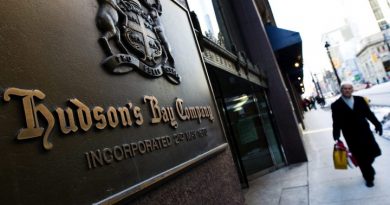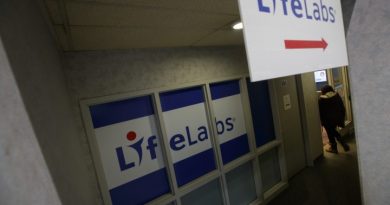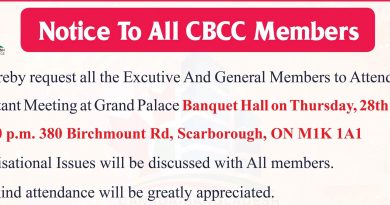Election results means more tax for foreign buyers, little change on mortgages
TORONTO — The re-election of Justin Trudeau’s Liberals on Monday will likely result in potential new barriers for foreign real estate investors as well as some help for first time buyer, but not the more significant changes that opposition parties had promised.
Liberal promises on housing included some expansion of its first-time buyers assistance program, and a one per cent tax on vacant homes owned by non-Canadians.
The Liberal minority victory means there won’t be the more aggressive stimulus promised by opposition parties to relax mortgage rules that would have led to higher home prices, said John Pasalis, president of the Toronto-based firm Realosophy Realty Inc.
“The big thing is certainly that we’re not going to see the demand-side stimulus that was promised by both the NDP and the Conservatives in the form of longer amortization and potential easing of the stress test. That’s a good thing because those policies would have probably just pushed prices up further.”
The vacancy tax, modeled on one already in place in British Columbia, could also help limit home price increases, he said.
“That policy could end up having a pretty big impact on the market both in Toronto and in other regions that have had a big uptick in investor demand, like Montreal and Ottawa…it’s kind of what we need right now, to cool things down rather than heat things up.”
While the new tax could have some effect, overall there is little relief for housing affordability, said Brian DePratto, senior economist at TD Bank, in a note.
“Housing affordability remains a major concern for Canadians in the Toronto and Vancouver markets (among others). However, the measures in the Liberal platform are only likely to add further fuel to prices at a time when the market has already been gaining strength.”
He said the higher price cap in major cities for the Liberal’s first-time buyer program could provide short-term relief to buyers, but modeling shows that together with existing programs, it could help drive home prices two to three per cent higher over the next few years than they would otherwise be.
The Liberal’s first-time buyer program provides a loan of up to 10 per cent of the home’s value. The amount to be paid back is determined on the value of the home at the time of repayment.
Phil Soper, president of Royal LePage, said he wasn’t supportive of the Conservative’s plan to cut the mortgage stress test because supply need to be addressed before government props up more demand, but also sees the vacancy tax as having little effect.
He would like to see Liberals improve on the national housing strategy they brought forward in the last term, which he said was the first federal modern effort to bring all three levels of government together to address housing shortages.
“I believe now they’ll probably move it farther along in terms of its ability to bring more housing to our biggest cities.”
In 2017, the Liberals introduced a 10-year, $55-billion housing strategy to build up to 125,000 units. The NDP pledged in this election to build 500,000 affordable homes over 10 years.
Soper said he would like to see the federal government use its funding influence on other levels of government, like it does in transit or health care, to reduce development costs and time for all types of housing.
“I think it will very much be an issue for the new government, and unlike energy and the environment, it will be one in which consensus will be easier to reach. So it may be one of those files that gets surprising attention so they can chalk up some wins.”
By: Ian Bickis, The Canadian Press. © The Canadian Press, 20XX. All rights reserved. This material may not be published, broadcast, rewritten or redistributed.




